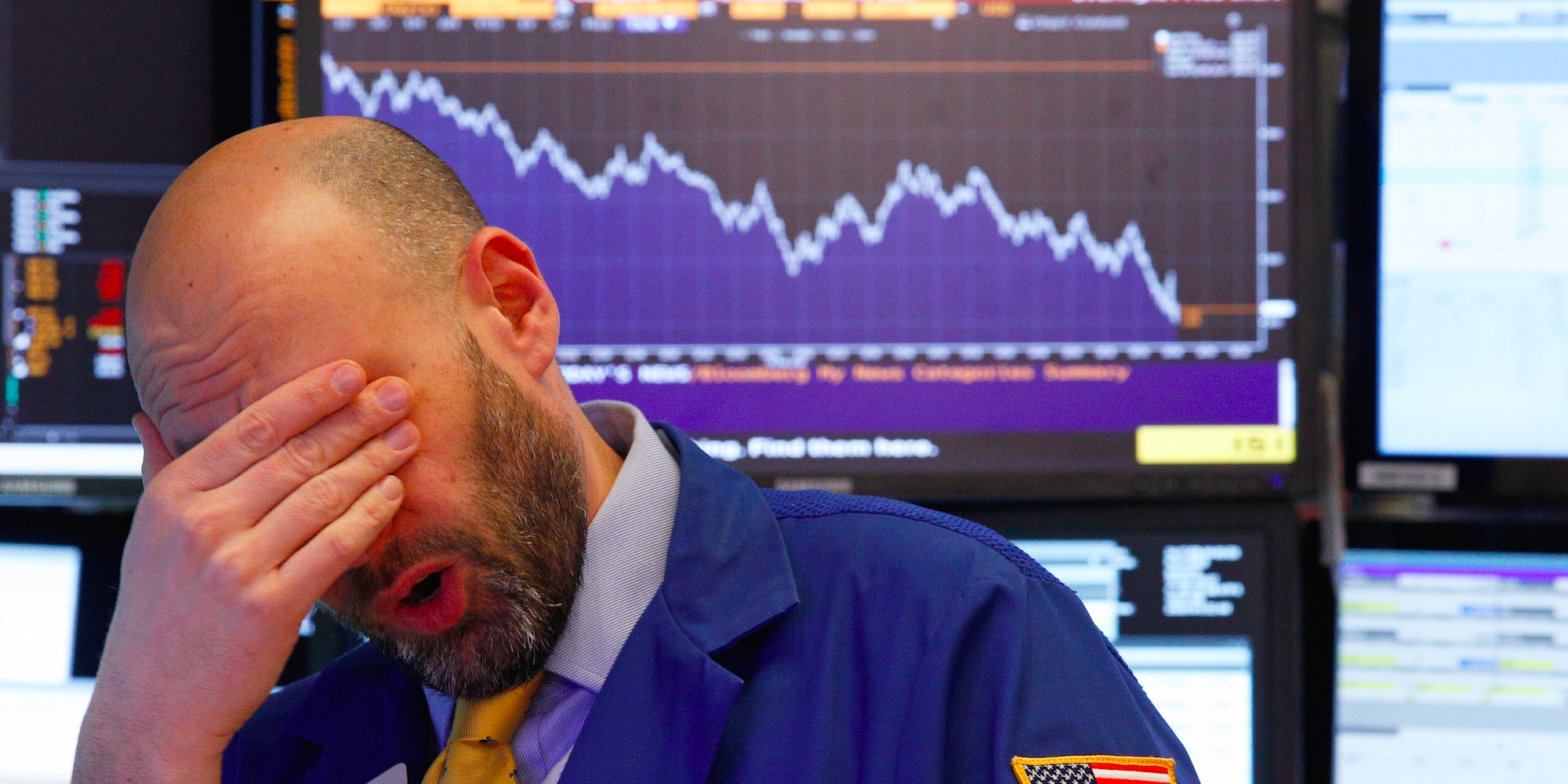The Fed’s aggressive interest rate hikes have weighed on S&P 500 profits, Goldman Sachs said. The index’s return on equity, excluding financial firms, has slumped 69 basis point this year. Higher for longer interest rates could derail the index’s long-running trend of ROE growth. Loading Something is loading.
Thanks for signing up!
Access your favorite topics in a personalized feed while you’re on the go.
The Federal Reserve’s war against inflation has taken a toll on the profitability of S&P 500 companies, with the first half of this year seeing the effect of higher interest rates firmly set in, according to Goldman Sachs strategists.
The return on equity ratio for the S&P 500 has continued to slide since peaking in the second quarter of last year, according to Goldman strategists. The ROE for the index, excluding financial stocks, fell 69 basis-points this year to 23.4%.
That’s still at the 97th percentile for S&P 500 ex-Financials readings for ROE going back to 1975, the bank said – but the measure could deteriorate further, especially if the Fed keeps interest rates higher for longer.
Central bankers have aggressively raised interest rates to tackle high inflation. Rates are now hovering between 5.25%-5.5%, the highest they’ve been since 2001.
That’s weighed heavily on corporate earnings by raising the cost of borrowing. Borrowing costs for S&P 500 firms have jumped around 40 basis-points in 2023, Goldman data shows, the largest increase in interest costs in nearly 20 years.
Borrowing costs for S&P 500 companies has ticked up over the past year. Goldman Sachs Investment Research Higher rates have also been biggest headwind on S&P 500 profits this year, with a 31 basis-point decline in ROE being entirely attributable to higher borrowing costs.
“In the new ‘higher for longer’ rates environment, the key risk for S&P 500 ROE will be higher interest expenses and lower leverage,” strategists said in a note on Friday.
“A scenario in which interest expenses and leverage persistently weigh on ROE would be a departure from the historical trend,” strategists later added, pointing to the trend of companies using low borrowing costs and higher leverage to boost profits. More than 40% of company profits in the three decades leading up to 2019 can be attributed to lower interest rates and corporate taxes, according to one Fed study.
The bank predicted The S&P 500’s ROE, excluding financials, would level off next year, with a low change of “substantial expansion” through 2024.
Other forecasters on Wall Street have warned of earnings trouble ahead for firms as the Fed’s tightening efforts ripple across the economy. Falling inflation could be another headwind to corporate profits, according to Morgan Stanley’s chief investment officer, who previously warned of the worst earnings recession since 2008 to hit stocks.
